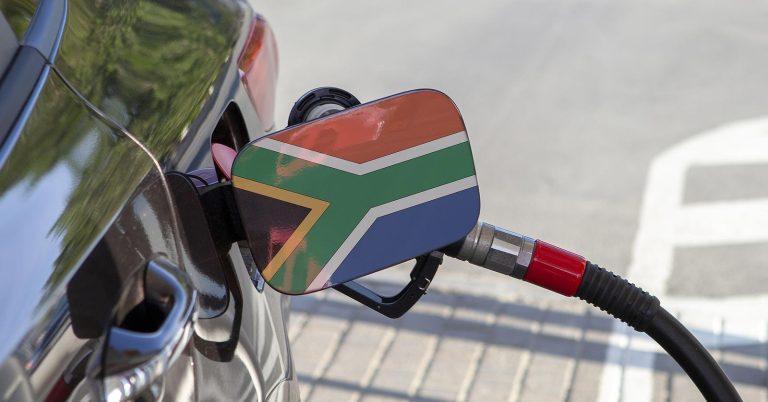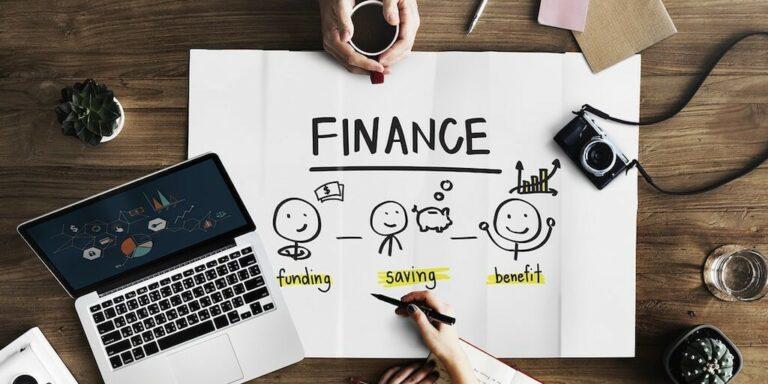Obtaining a loan in South Africa when you have bad credit can be difficult. However, with the right information and knowledge of your options, you can still find ways to get the funds you need, even if it takes a little longer than expected. Learn more about different loan options available for people with bad credit in South Africa.
Why is my credit score low?
If you have a low credit score, there could be a variety of reasons why. Perhaps you have a history of late or missed payments or you may have high balances on your credit cards. It’s also possible that you have a limited credit history, which can make it difficult for lenders to gauge your creditworthiness.
Whatever the reason, a low credit score can make it harder to get approved for loans and lines of credit and you may end up paying higher interest rates if you are approved. There are a few things you can do to try to improve your credit score:
- Make sure that all of your information is up-to-date and accurate. If there are any errors on your credit report, dispute them with the relevant authorities.
- Try to keep your balances low relative to your credit limits; this will help show that you’re using only a small portion of your available credit, which is good for your score.
- Try to make all of your payments on time; even one late payment can damage your score significantly. By taking these steps, you can start to improve your credit score and put yourself in a better position when applying for loans and lines of credit.
How to Get Loans for Bad Credit in South Africa
First things first, a loan for bad credit in South Africa is hard to come by. Lenders will view you as a huge risk if you are already in debt or have a poor credit score. However, most will evaluate each application in full before approving or rejecting it, so not all hope is lost. If you find yourself constantly rejected for loans, then you need to do the following to try to improve your chances of getting approved:
1. Get Debt Counselling
Debt counselling is a great option for anyone with bad credit who is struggling to find suitable loan options. When you choose debt counselling, you will be assigned an independent financial counsellor who can help you review your debts, advise you on how to become financially stable and manage your debt and provide ways of obtaining a loan at more reasonable rates.
2. Find a lender that understands bad credit applicants
When applying for a loan with bad credit, it’s crucial that you look for lenders who understand your situation. These lenders specialize in dealing with credit issues and have access to different types of financing, such as microloans or personal loans. Before making a decision on which lender to choose, make sure that the interest rates are reasonable and the repayment terms are adaptable.
3. Make sure you can keep up with the repayments
Taking out a loan when you’re already wrestling with bad credit can be a huge responsibility, so make sure that you do all the necessary budgeting and calculations before agreeing to anything. Consider how much you can realistically commit to paying every month and factor in any additional costs or fees that may apply. This will help you find a loan agreement that fits your lifestyle and budget.
4. Consider a guarantor or security to get secured loans for bad credit
If you have a bad credit score, getting a regular loan may be difficult. However, if you can provide an asset as security for the loan or find an eligible guarantor, this could increase your chances of finding a suitable loan. Secured loans require some form of collateral — meaning that if you fail to make payments, the provider could take possession of the asset used as security. Similarly, with a guarantor loan, someone else (e.g. a family member) is legally responsible for repayment should you default on the loan agreement.
5. Understand why loans for bad credit in South Africa are hard to come by
Bad credit implies to lenders that you are a high risk for repayment, so it’s difficult to obtain bad credit loans in South Africa because lenders are generally unwilling to take on such risks. This is why many loan providers need some form of collateral or an eligible guarantor to secure the loan, as a way of ensuring the borrower can pay back their debt. Therefore, it’s important to understand the risks associated with taking out a loan and ensure that you meet all the criteria for repayment before considering taking one out.
If you make concerted efforts to improve your credit score and engage in debt counselling, you will eventually be in a better position to apply for unsecured business finance. But until then, put in the work it takes to cut your debts right down.





